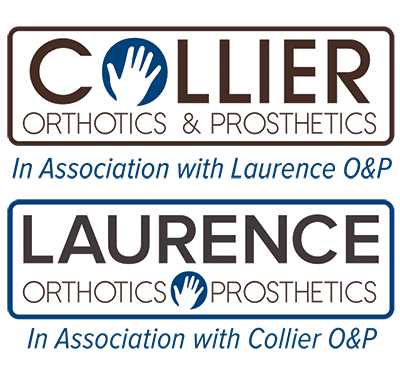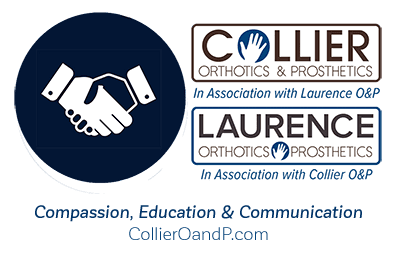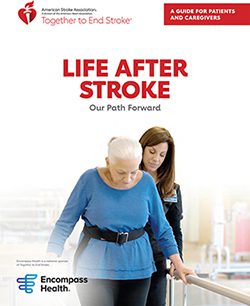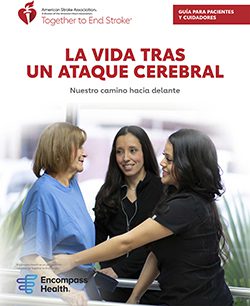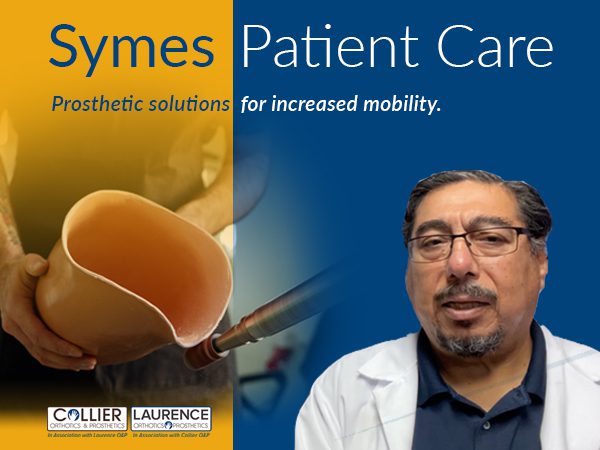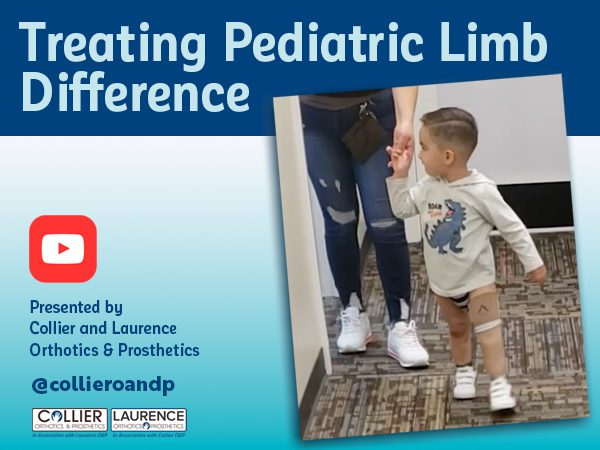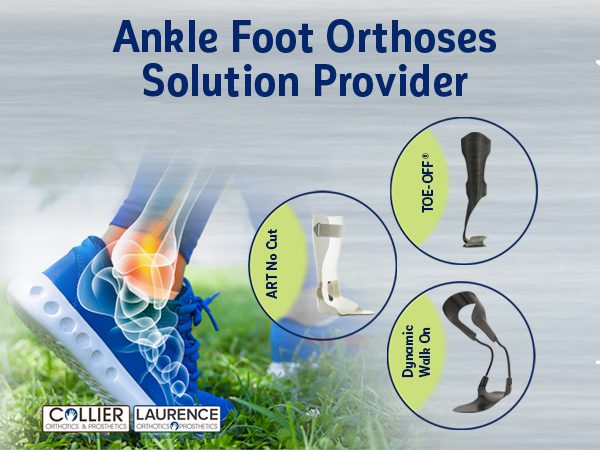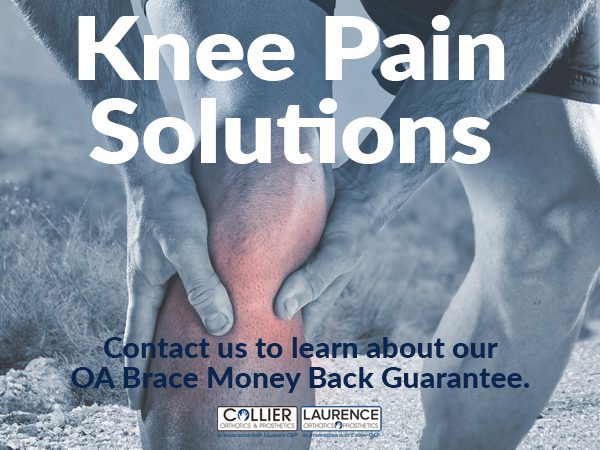Resources for patients, caregivers, and families
This listing is not intended to be a comprehensive listing of all resources, nor does the inclusion of any particular organization imply endorsement by Collier-Laurence O&P. We intend to provide information useful to individuals and a starting point for research.
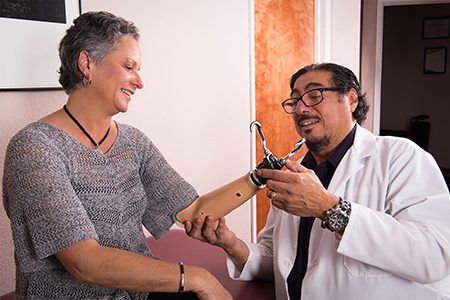
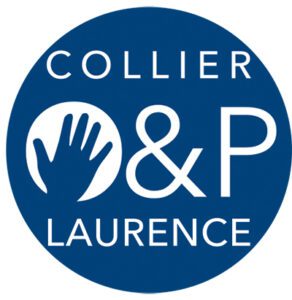
Instructions for the Collier R-Wrap AFO: Donning and caring for your brace.
OA Knee
Knees are one of the most common joints to be affected by Osteoarthritis. If stiffness and pain persist it may be time to talk with your doctor about wearing an unloader knee brace. Being diagnosed in the early stages of OA knee gives you an opportunity to slow down the progression of the disease.
ACL/PCL Knee
Patella femoral Knee
BREG Knee Brace Fitting Videos
BREG Duo Dynamic Bracing Explained
Talking with your Doctor: Stages of OA Knee
Johns Hopkins Medicine, All about knee pain
Harvard Health Publishing: Exercise and knee pain
Kneed-a-Brace Retail Outlet: Our pricing is reasonable for those without insurance
Treating your knee at home from Very Well Health
Pre-Qualification Process for a total knee or hip (joint) replacement. These are Medicare’s guidelines that need to be followed for approval of procedures.
You may want to explore to learn more about your child’s condition or find support for your child with a prosthesis. Please remember Collier and Laurence O&P are not affiliated with these websites, and that there is no substitute for a medical practitioner.
CCS Paneled Practitioners
“Paneled Providers” have been determined by the CCS program to meet the advanced education, training, and/or experience requirements for his/her provider type in order to render services to a CCS applicant or client. For more information visit the DHCS website.
Limb Loss/Limb Difference Organizations for Children
International Child Amputee Network
Association of Children’s Prosthetic-Orthotic Clinics, Parent Info
Prosthetics Q&A
Prosthetics Defined: A prosthesis is an artificial limb prescribed by a prosthetist to replace a limb on a person’s body. Advanced technology has made it possible for people who are absent any of their limbs to continue life as they usually would. Most patients who require prosthetic devices typically need them as a result of injury or a birth defect (congenital), although certain conditions such as diabetes can increase a person’s likelihood of losing a limb and requiring a prosthetic device.
What is a Prosthesis? A prosthesis is an externally applied device designed to replace a missing part of the body or to make a body part work better. Prostheses can replace arms, hands, or legs, and can be muscle-powered or computer-driven.
What is a Prosthetist? A prosthetist is a healthcare professional who is specifically educated and trained to manage comprehensive prosthetic patient care. This includes patient assessment, formation of a treatment plan, implementation of the treatment plan, follow-up and practice management. A prosthetist will work with your team of care providers to meet your care goals.
Why would someone need an amputation? Amputations occur as a result of diabetes, necrotizing fasciitis and other bacterial infection, circulatory disease, and trauma. Some people may be born with non-functioning limbs (congenital birth defects) that can be made useful by reconstructive surgical techniques.
Amputation is not a medical failure – it can save lives and ease chronic pain. It is an opportunity for the surgeon to fashion the most appropriate residual limb for prosthetic usage. It is a good idea to meet with your prosthetist prior to surgery if circumstances permit. Your prosthetist will want to look at the physical aspects of your limb, discuss with you possible fitting techniques, and assure you that, following amputation, you will get better and carry on with your life.
Why should I acquire a prosthetic limb? A prosthetic limb can greatly enhance your quality of life after an amputation, regardless of the level of amputation. This includes amputations of the leg or arm as well as partial amputations of the foot or hand.
Can you ship a prosthesis directly to me? Due to the customized nature of fitting a prosthesis, we need to see the patient in-person for not only proper fitting but for adjustments as your muscles change over time. One size does not fit all.
Can you make a prosthesis for my animal? At this time, Collier does not design or fit prosthetic limbs for animals.
What’s your return policy? Return any of our products–no questions asked–within 30 days of purchase. We even pay return shipping.
Scoliosis Resources
Stroke Resources
In Northern California at the Kaiser Foundation Rehabilitation Center in Vallejo, we work weekly with stroke patients who are completing their intense rehabilitation and preparing to transition home. Read more about their patient and family support.
The American Heart Association has a plethora of resources about stroke research, recovery, and prevention.
Article: Read about Foot Drop and other effects due to stroke.
Life after Stroke: American Stroke Association
A technical article about neuroplasticity and stimulating your brain for recovery.
Collier-Laurence Orthotics and Prosthetics is not affiliated directly with the resources listed on this page. These are provided for general knowledge and you should consult your physician before participating in activities, especially if you are already having pain symptoms.

